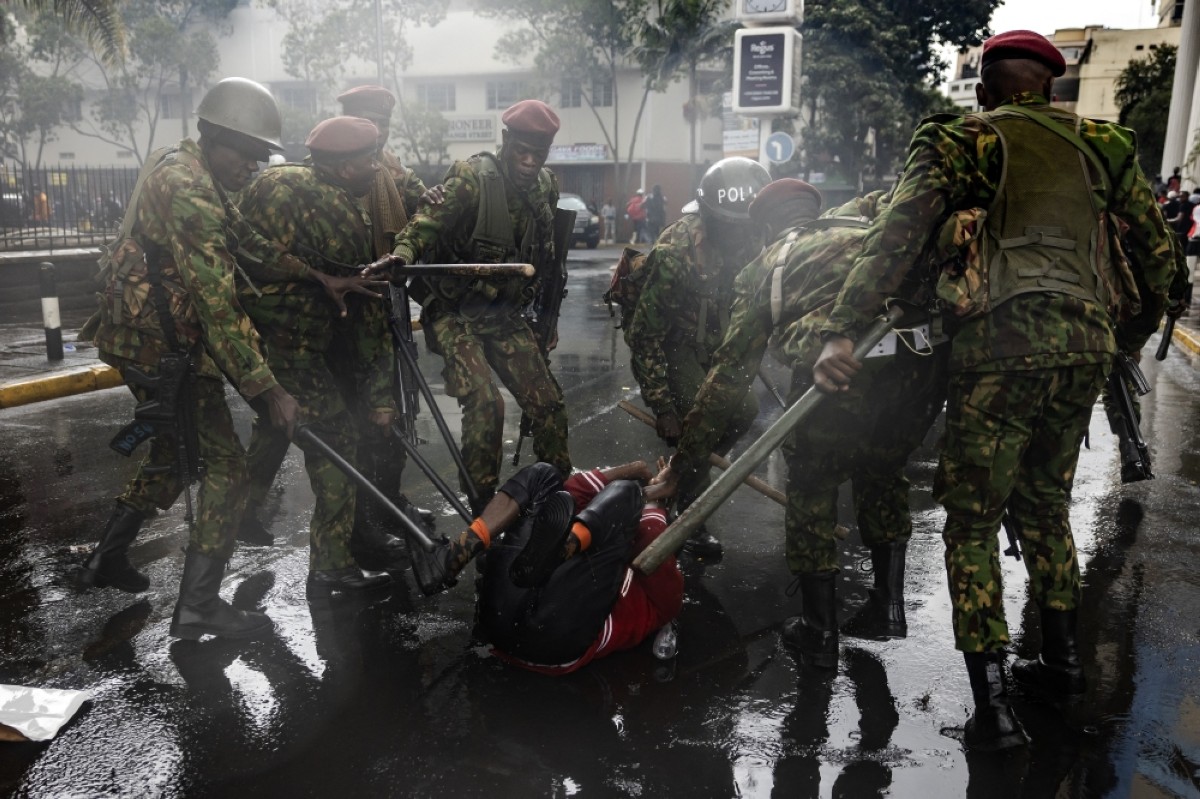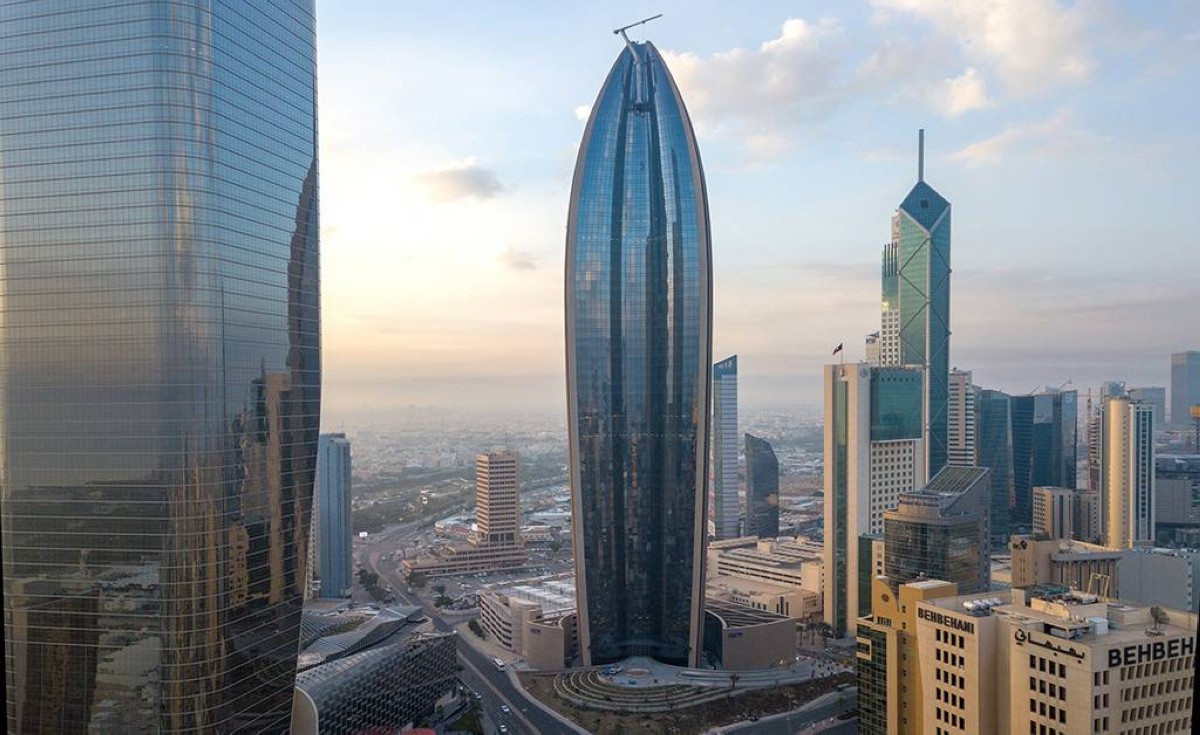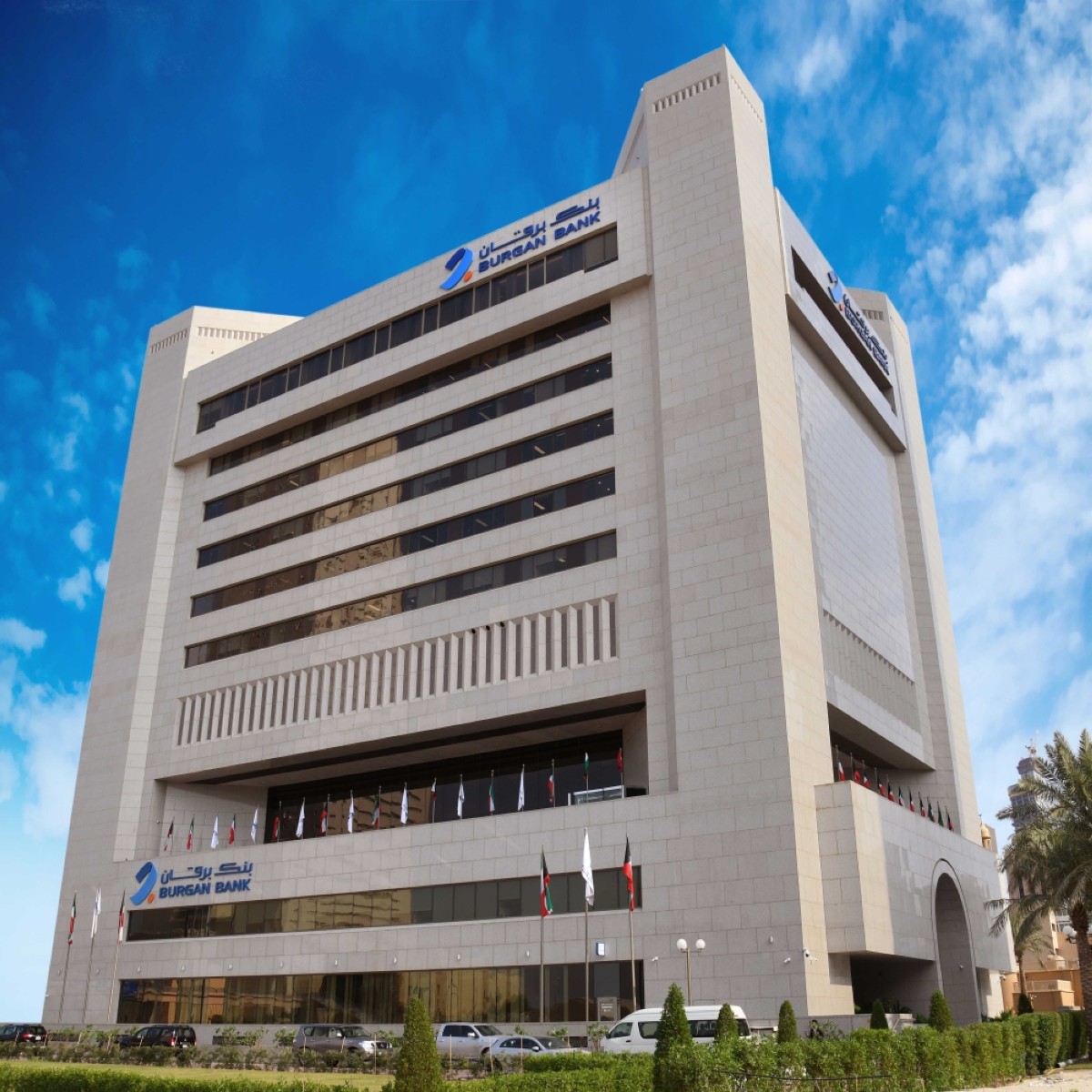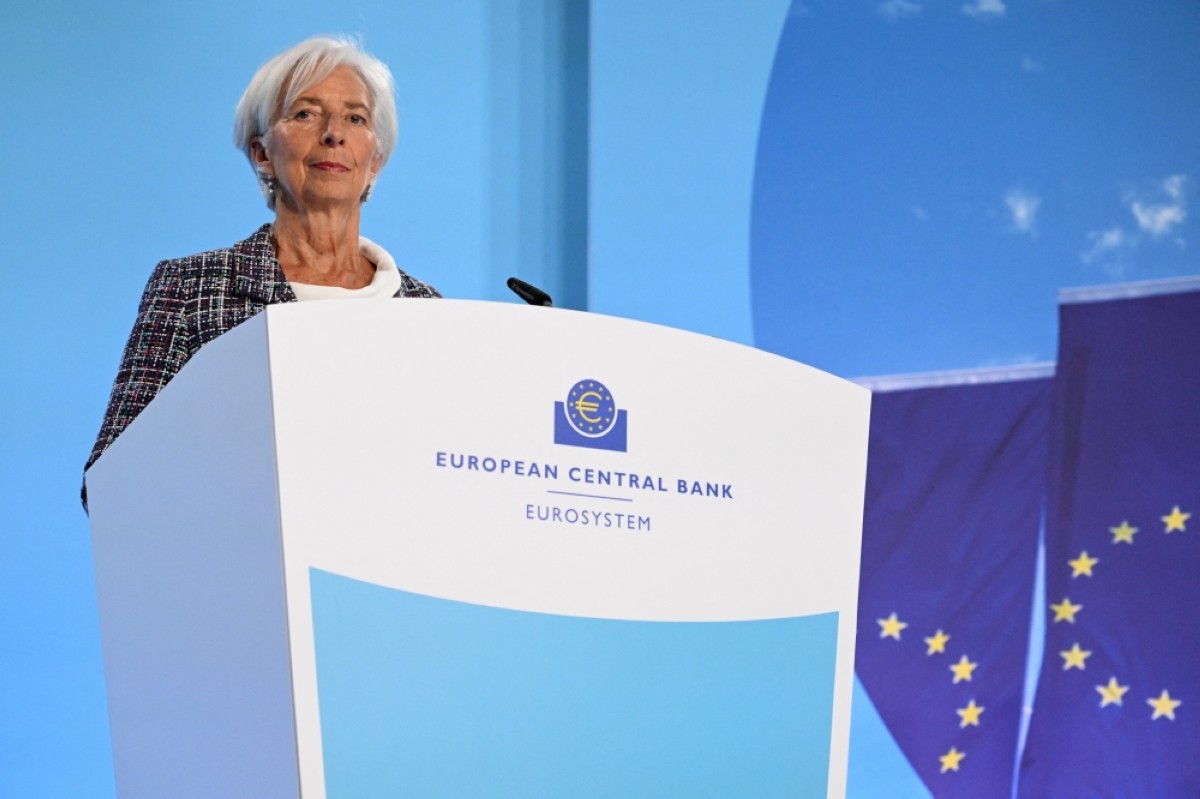Thousands of young Kenyans protest over tax hikes
NAIROBI: Armed with smartphones and whistles, thousands of young Kenyans took to the streets across the country on Thursday to protest tax hikes, livestreaming the demonstrations in a vivid show of anger by Gen-Z citizens against the government.

NAIROBI: Kenya police officers surround a protester during a demonstration against tax hikes in downtown Nairoibi, on June 20, 2024. — AFP.
Police in the capital Nairobi fired tear gas and water cannon against protesters near parliament, but apart from isolated scuffles earlier in the day and some groups setting fire to tires and road signs around dusk, the demonstrations remained mostly peaceful.
Led largely by young Kenyans, the demonstrations—dubbed “Occupy Parliament”—began in Nairobi on Tuesday before spreading nationwide on Thursday. They have galvanized widespread discontent over President William Ruto’s economic policies in a country already grappling with a cost-of-living crisis, with protesters turning to TikTok, Instagram and X to plan and livestream the demonstrations.
Hours after Tuesday’s action, which saw hundreds of youth face off against the police, the cash-strapped government agreed to roll back several of the tax hikes laid out in a new bill. But the government still intends to go ahead with some tax increases and has defended the proposed levies as necessary for filling its coffers and cutting reliance on external borrowing.
On Thursday, protests were held across Kenya, with thousands assembling across Nairobi, the Indian Ocean city of Mombasa, the Rift Valley city of Nakuru and the opposition bastion of Kisumu, according to AFP journalists and images broadcast on TV. Isolated clashes broke out in Nairobi between protesters and police, who used tear gas and water cannon against demonstrators gathering near the parliament, which began debating the bill on Wednesday.
Despite a heavy police presence and closures along several roads leading to parliament, thousands of protesters gathered in groups, blowing whistles and vuvuzelas, singing the national anthem and chanting: “Ruto must go”.
Margaret, a 23-year-old jobseeker, told AFP that she was “tired of being lied to” and being dismissed as a “keyboard warrior” by those in power. “Gen-Z — we are the voice of the people. And that’s something they are not used to, so we are just being called keyboard warriors but I guess they are also terrified of this,” she said.
‘Do the right thing’
Another first-time protester, Fidelis Njoroge, said she went live on Instagram because she wanted to spread the word about the demonstrations. “The next time we come out, we will come out in bigger and bigger numbers,” the university student told AFP. “We are here to do the right thing, we are not here to cause chaos, we are just here to be heard.”
The presidency on Tuesday announced the removal of proposed levies on bread purchases, car ownership as well as financial and mobile services, prompting a warning from the treasury of a 200-billion-shilling shortfall as a result of the budget cuts. The government has now targeted an increase in fuel prices and export taxes to fill the void left by the changes, a move critics say will make life more expensive in a country already battling high inflation. “They are just trying to lie to us, the taxes that they have removed on bread they have added somewhere else,” 22-year-old protester Bella said, describing it as a tactic to “blindfold” citizens.
Vote due
A parliament source told AFP that a final vote on the proposals was expected on June 27, three days before the deadline for passing the bill. The taxes were projected to raise 346.7 billion shillings ($2.7 billion), equivalent to 1.9 percent of GDP, and reduce the budget deficit from 5.7 percent to 3.3 percent of GDP. At least 335 people were arrested during Tuesday’s protests in Nairobi, according to a consortium of lobby groups including the human rights commission, KNCHR, and Amnesty Kenya. Kenya is one of the most dynamic economies in East Africa but a third of its 51.5 million people live in poverty. — AFP.











